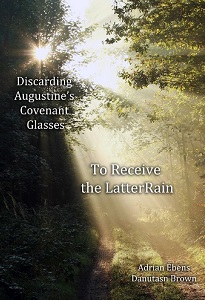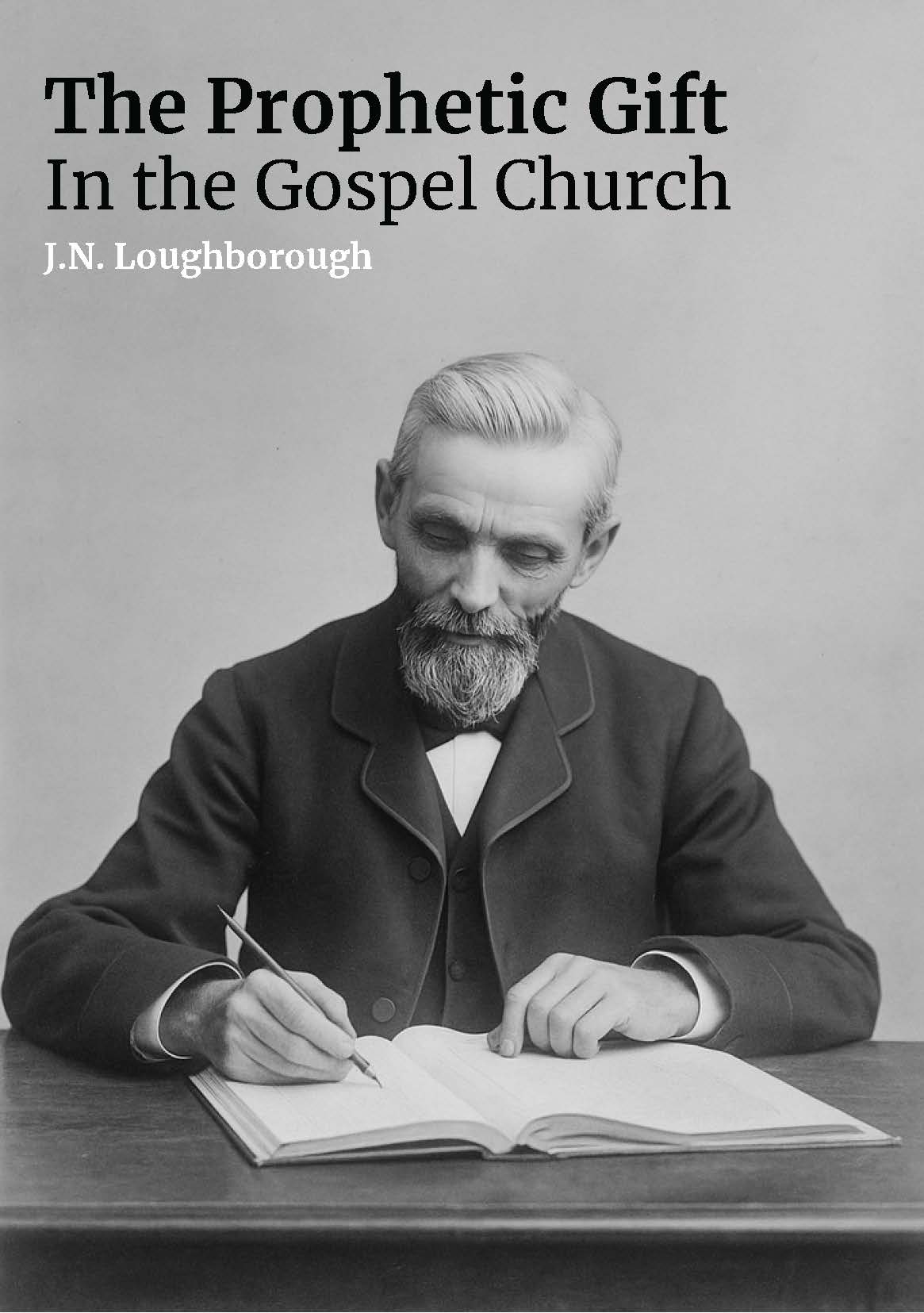Ye shall become `Fishers of men' . . .
Perhaps the one verse of the Bible which is instantly recognized by Christians and non-Christians alike as the basis of Christian theology is John 3: 16: `For God so loved the world, that he gave his only begotten Son, that whosoever believes in him should not perish, but have everlasting life.' (John 3: 16.)
However, the two verses which follows it, which are rarely quoted as an integral part of the thought which John, the disciple of Christ was trying to convey, is a summation of this verse, and conveys the simplicity of the gospel, as found in the `agape', or unconditional love of Christ: `For God sent not his Son into the world to condemn the world; but that the world through him might be saved. He that believes on him is not condemned: but he that believes not is condemned already, because he has not believed in the name of the only begotten Son of God.' (John 3: 17 - 18.)
Put simply, he who (by faith) believes that Christ is their Saviour, is not condemned to the second death, because he has `believed in the name of the only begotten Son of God.' Within these three verses may be found a distillation of the message of the gospel, which may be expressed by one thought - that the good news of the gospel lies in the Father giving to humanity His only-begotten Son, so that whoever by faith believes in Him as their Saviour, is not subject to the condemnation of the Law, which brings forth death - the `second death'! This is precisely what Paul meant when he informed the Corinthian Church that He was determined to know nothing among them, except Christ crucified! For what a change which had taken place in his heart, for until he was was literally `blinded by the light' on the road to Damascas by the Lord Himself (Acts 9: 3-5), he was `breathing out threatenings and slaughter against the disciples of the Lord' (Acts 9: 1). Like Paul, Peter was also proud, self-opinionated and hot-tempered. But just as Paul's heart was melted when the Lord revealed to him the agape of Christ and contrasted that with the evil temper that lay within his own heart - so also was the temper of Peter's heart revealed to him in the context of agape shortly after the Lord revealed Himself to the disciples after the resurrection, when they were fishing in their boats. Christ informed the disciples that `If you cast your net on the right side of the boat, then you shall catch fish'; at which their net overlflowed with fish after casting it in the direction which He indicated - which was a play on words that informed them that `If you cast your net with the right doctrine which testifies of me, you will then become `fishers of men' (Matthew 4: 19, Mark 1: 17). He bade them to eat with Him, and asked Peter three times if he loved him:
`So when they had dined, Jesus says to Simon Peter, Simon, son of Jonas, love you (agapao) me more than these? He says unto him, Yea, Lord; you know that I love you (phileo). He says unto him, Feed my lambs. He says to him again the second time, Simon, son of Jonas, love you (agapao) me? He says unto him, Yea, Lord; you know that I love you (phileo). He says unto him, Feed my sheep. He says unto him the third time, Simon, son of Jonas, love you me? Peter was grieved because he said unto him the third time, Love you (phileo) me? And he said unto him, Lord, you know all things; you know that I love you (phileo). Jesus says unto him, Feed my sheep.' (John 21: 15 - 17.)
The first two times, when Christ asked Peter if he loved Him, Christ used agapao (which is the verbal form of agape in the present tense), for He was trying to get Peter to catch a glimpse of the unconditional love which necessitated that:
` . . . in all things it was essential for him to be made like unto his brethren, that he might be a merciful and faithful high priest in things pertaining to God, to make reconciliation for the sins of the people. For in that he himself has suffered being tempted, he is able to help them that are tempted.' (Hebrews 2: 17, 18.)
In other words, in order for Christ to be able to give help to those who are being tempted to sin, it is essential that He must descend all the way down from the lofty heights of heaven, and be `made like unto His brethren'; which is us, for He is not ashamed to call us brethren (Hebrews 2: 11).
The first time that Christ asked Peter if he loved Him with agape, He asked if he loved Him more than the disciples and was testing him, for to reciprocate the `agape' love of God determines that the First Commandment of the Ten Commandments necessitates that although you will love God `with all your heart, and with all your soul, and with all your mind, and with all your strength' (Mark 12: 30) above all other things - the nature of agape is so irresistable that it will then `naturally' flow to others without discrimination, for the Second Commandment then `naturally' results, for `you shall love your neighbour as yourself. There is no other commandment greater than these' (Mark 12: 31). But as Peter did not yet comprehend the stupendous love which compelled Christ to experience the results which the sentence of the `second death' hold for fallen man, when Peter replied by saying `Yea, Lord; you know that I love you', he used the word `phileo'; which is the word which is reserved for the brotherly love which we have for those whom we admire, respect and desire to call our friends. Christ asked him a second time, and not yet comprehending the import of His words - Peter gave the same answer; which was to be expected - as it was Christ Himself who first coined the word `agape', and associated it with the submission of the `I', or `ego' - for until that time, this conception of unconditional love was virtually unknown. Suddenly, the penny dropped and Peter finally `got it'. He caught a glimpse of his proud and self-opinionated heart, and acknowledged that just as Christ knows all things, so also was he, Peter, incapable of loving his fellow man with agape; for this is totally foreign to fallen man. Thus, in humility he was able to say to the Lord - `Lord, you know all things; you know I phileo you'. Over time, he realized that the only way by which we can love our fellow man with agape is by submitting my will, to Christ's will, so that it is not `I' (my ego) that lives in me, but the will of Christ'. , so that we might partake of the mind of Christ, and be `made perfect in agape' (1 John 4: 18). As Peter's faith in Christ grew, so also did he begin to undestand the difference between the unconditional love of Christ, and the conditional love of fallen man:
`Seeing all of you have purified your souls in obeying the truth through the Spirit unto sincere love of the brethren (philadelphia), see that all of you love (agapao) one another with a pure heart fervently.' (1 Peter 1: 22.)
Some scholars believe that the first Epistle of Peter, from which this verse is extracted, was written in about 64 A.D.,1 more than thirty years after the death of Christ. By this time, Peter was able to draw the distinction between loving the Church with the sincere love of the brethren (philadelphia), to loving each individual with agape, to the extent that in the same spirit of Moses who went before him, he was not concerned about his own salvation, and was willing to forego his eternal existence so that his brethren might be saved.





